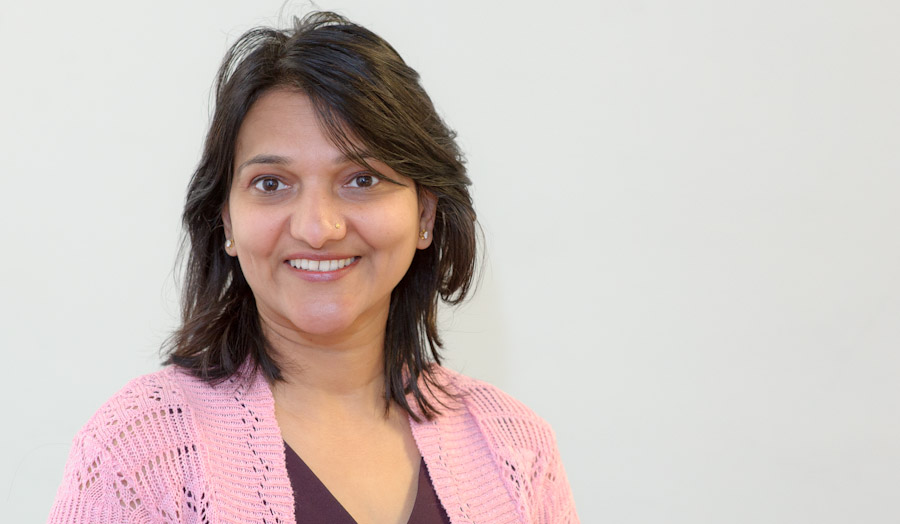Our Guildhall School of Business and Law has a thriving community of PhD students from around the globe. Each PhD student is supported through a team of highly experienced academic researchers with cutting-edge expertise in their field. Recognising the importance of research skills development and working together as a community, the School's PhD students are further part of the wider London Met research community and invited to take part in an extensive researcher development scheme delivered across the University. The School's PhD students are further encouraged and supported to present on their research at London Met's annual research student/staff conference. There, they get to test out initial ideas and receive constructive feedback from a supportive research community on their PhD research project.
For those interested in an academic career following their PhD, there are also opportunities to take on some teaching responsibilities during their PhD studies.
The Guildhall School of Business and Law supervisory team has extensive experience in supervising both full-time and part-time PhDs and invites applications across the following range of subjects:
- Accounting and finance
- Corporate social responsibility
- Economics
- Entrepreneurship
- Innovation
- Human resource management (HRM) and gender studies
- Law
- Leadership and leadership development
- Linguistics and translation studies
- Pedagogy and the higher education sector
- Operations management
- Supply chain management
- Social media marketing

Interested in applying for a PhD?
If you're interested in applying for a PhD in the Guildhall School of Business and Law, we recommend you take a look at our PhD course.
For all enquiries regarding PhD studies in the Guildhall School of Business and Law, please email our PGR Coordinators:
- Dr Peter Freeth and Dr Amr Khafagy: gsbl-phd-research@londonmet.ac.uk
Application guidance
Handy guides and documents:
- Business and management research proposal template – you can also access this proposal form as a HTML webpage
- Law research proposal template – you can also access this proposal template as a HTML webpage
When applying ofr a PhD in the Guildhall School of Business and Law, in your application we want to see:
Essential
1. Evidence that you are interested in (even passionate about) a relevant area and has at least some outline knowledge of that area – eg cites the big names or recent academic literature.
2. Evidence of adopting a critical approach – not taking claims at face value, using qualifying not sweeping sentences, awareness of opposing arguments, quality of references. This includes a willingness to engage with theory. In the first year of your PhD you might be surprised that the emphasis will be on developing your knowledge of theory (relevant to your subject) rather than subject-specific knowledge.
3. Evidence of the ability to write – reasonable grammar is important but the ability to logically build a case with paragraphs or sections that link and build on each other to make a coherent case is more important.
4. Some appreciation of the critical role of research design and how it fuses with the kind of questions a study can address – often called ‘methods’ or methodology. What kind of data would you need to collect, how might you collect it, where or from whom? Also here we could mention theory – but whilst theory is critical again it is something that you develop as you develop the PhD.
5. Appropriate scale – some indication that the applicant is proposing a PhD study that is achievable within a bounded time frame. Not too ambitious as to be unachievable, but not so small that there is little challenge, this we can work on with you.
Optional but recommended
1. Reference to having read at least one of the many “how to do a PhD” books – this is advice for your benefit so you know what you are applying for.
2. Perhaps an indicative time line / gantt chart. For example plan out – however broadly - the three/three-and-a-half years [at least] it will take. Nobody will want to tie you to it but it is important to us that you realise the scale of the commitment in terms of time.
3. Some attention to detail – try and avoid little mistakes – missing references, incorrect numbering whatever but do try to avoid anything that looks too careless.
4. Why have you chosen London Met? This is important but may have been part of your application letter or a question you must anticipate at your interview.
Suggested texts
Philips, E. and Pugh, D. (2005): How to get a PhD: A Handbook for Students and their Supervisors, (Open University Press, Milton Keynes).















